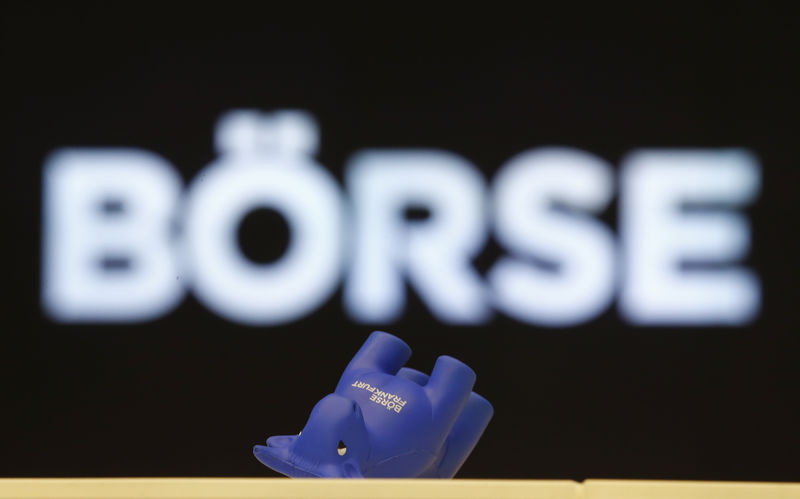By Peter Nurse
Investing.com - European stock markets traded higher Monday, helped by the substantial territorial gains made by Ukrainian troops over the weekend, even in the face of weak U.K. growth data.
At 03:50 ET (07:50 GMT), the DAX futures contract in Germany traded 1.4% higher, CAC 40 futures in France climbed 0.9% and the FTSE 100 futures contract in the U.K. rose 1%.
Ukraine has retaken more than 3,000 sq km (1,160 sq miles) this month, Ukrainian chief commander General Valeriy Zaluzhnyi said on Sunday, with most of this ground being taken thanks to a rapid weekend offensive that forced Russia to abandon its main logistics hub in the Kharkiv region.
After months of stalemate, these swift maneuvers will give the markets room to reconsider the range of outcomes. Prolonged attrition remains one option, but an earlier-than-expected end to the conflict has entered the equation.
European markets closed last week with healthy gains as September started on a positive note, and this tone has continued Monday, even after disappointing U.K. growth data illustrated the economic difficulties the region is currently suffering.
U.K. gross domestic product grew by 0.2% in July from June, below the growth of 0.3% expected, while in the three months to July, GDP was flat compared with the previous three-month period.
The Bank of England forecast last month that Britain would slip into a recession at the end of 2022 and not come out of it until early 2024.
In corporate news, Electrolux (ST:ELUXb) stock fell 3.3% after Europe's biggest home appliances maker announced plans to start a cost-cutting program in response to softer than expected demand and weak earnings against a backdrop of high inflation.
Philips (AS:PHG) stock rose 1.5% despite the Dutch press reporting that the shareholders association VEB is threatening to take the conglomerate to court over its handling of a worldwide recall of respiratory machines.
Swiss Re (SIX:SRENH) stock rose 1% after the reinsurer stated that global geopolitical tensions, macroeconomic developments and climate change have heightened demand for risk protection and will lead to increased premiums.
Oil prices stabilized Monday, after posting the lowest weekly close on Friday in seven months as traders weighed up aggressive monetary policy tightening and China's COVID-19 curbs.
Trade data, released last week, showed that Chinese oil imports slowed substantially in August due to COVID-related disruptions in the economy, raising fears of substantial demand destruction as the year progresses from the largest importer in the world.
By 03:50 ET (07:50 GMT), U.S. crude futures traded 0.1% lower at $86.75 a barrel, while the Brent contract rose 0.1% to $92.93.
Additionally, gold futures rose 0.4% to $1,734.80/oz, while EUR/USD traded 1.4% higher at 1.0181.
